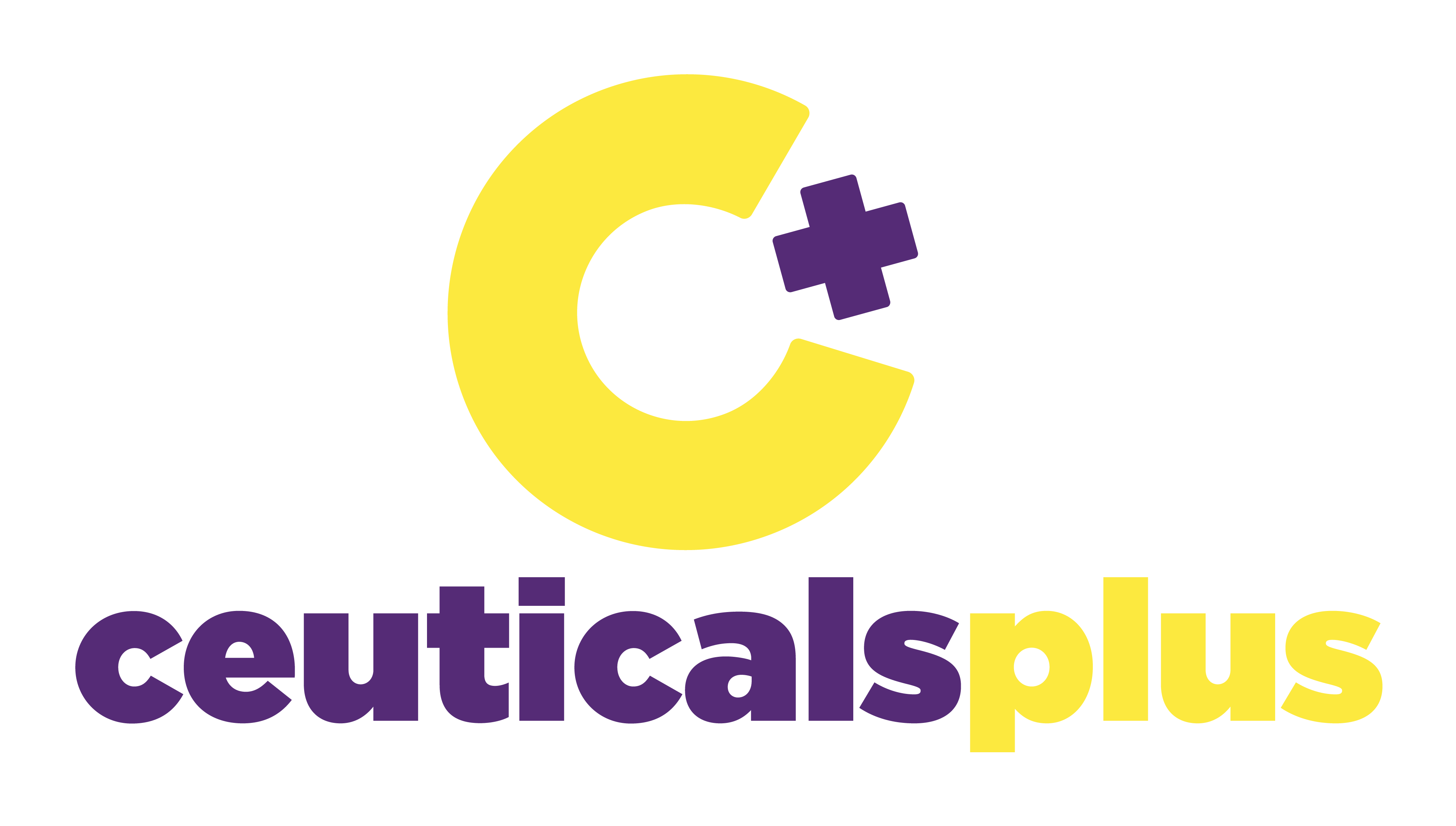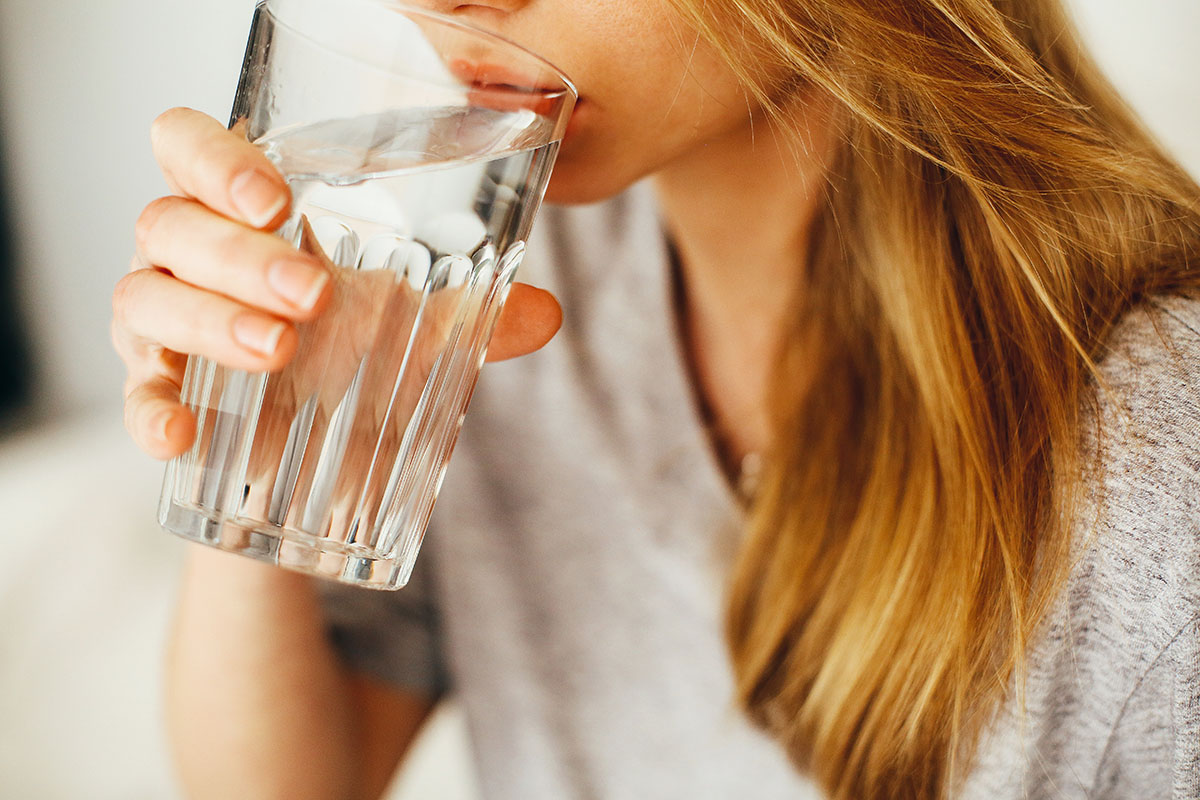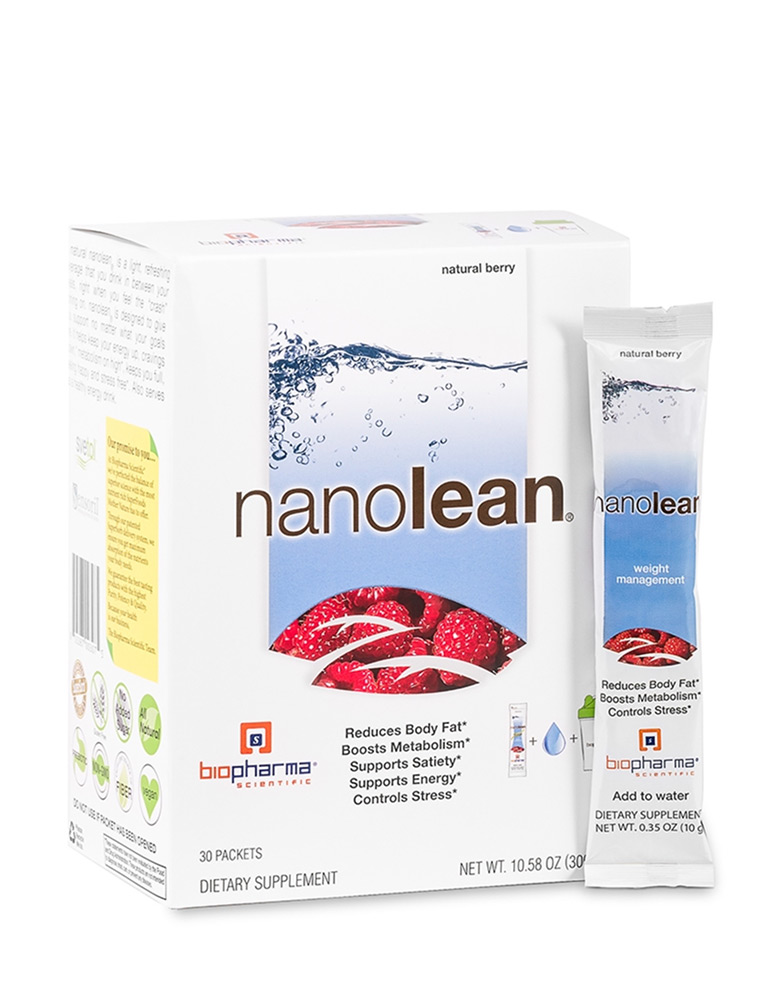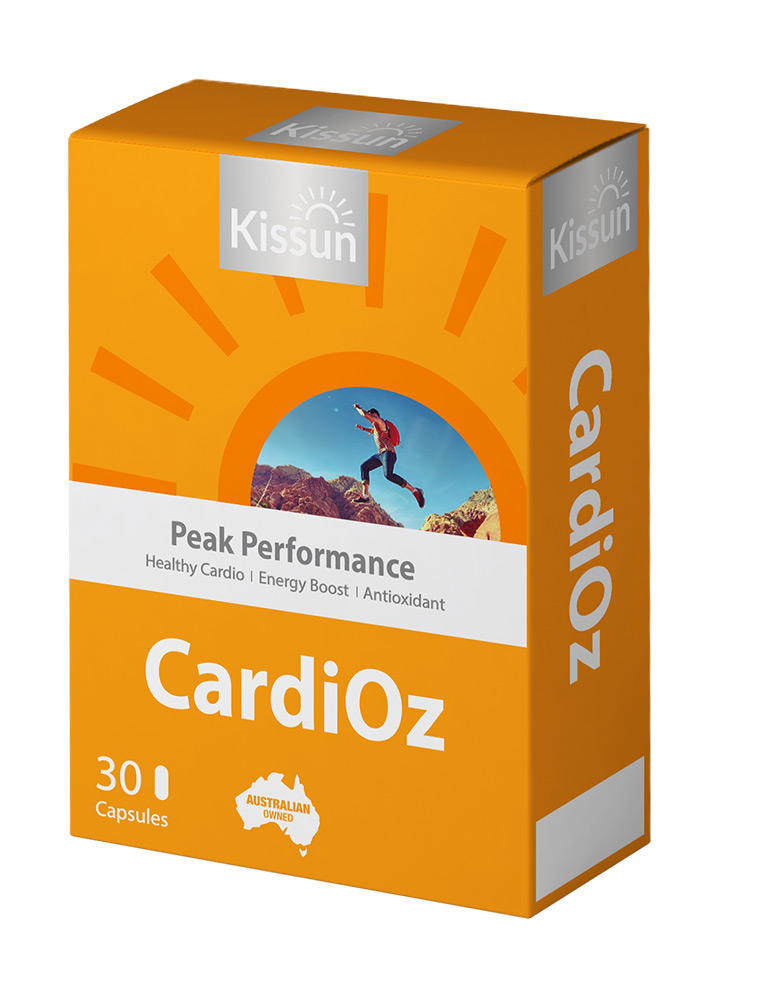Vision is such an important part of our everyday life. It often seems that we only go to our eye doctor once something is wrong, whether it be impaired vision, blurriness or burst capillaries.
Once the eyes start to give symptoms, it’s often too late to fix the problem with diet and lifestyle, and more drastic procedures may need to be pursued. This is why we believe that prevention is better than cure.
Prevention Is Better Than Cure
In order to maintain eye health, it is vital that we consume adequate vitamins through nutrition and supplementation. Healthy eyes need adequate circulation, antioxidants and essential fatty acids to maintain good function.
Consuming Omega 3 fatty acids is one of the best ways to care for your eyes. Omega 3 comes from avocado, nuts, seaweed and fatty fish. These good fats maintain good eye health and function.
Without adequate Omega 3, our eyesight and eye health can be impaired. Did you know, studies have proven that eating a diet high in Omega 3, or taking a good quality Fish oil, high in DHA, can actually improve our vision and reduce our glasses prescription!
Food
Listed below are foods that you can add to your meals to feed your precious eyes the nutrition they need to be healthy, bright and disease free:
- Avocado – try eating 3 avocados a week.
- Fish – go for oily fish such as salmon and mackerel, and try to eat fish at least four times a week.
- Foods to improve blood circulation to the eyes include rosemary, chilli, ginger and garlic.
- Foods high in lutein, beta carotene and vitamin A are excellent for eye health and include blueberries, carrots, beetroot, cod liver oil, capsicum, figs and coriander.
Supplements
We recommend Kissun Pharmaceuticals ‘Memory Power’ fish oil, and ‘EyeMax’.
-
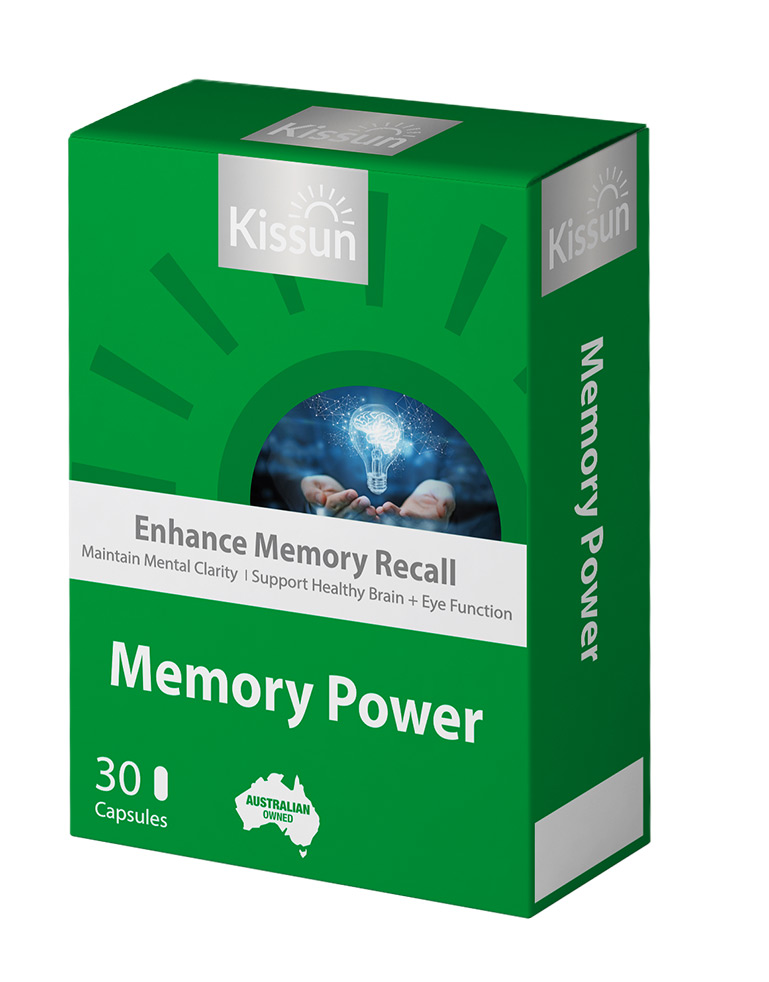 Memory Power$36.00
Memory Power$36.00
Both of these high quality supplements will support eye function and healthy vision, as well as provide relief from eye strain and dry eyes.
-
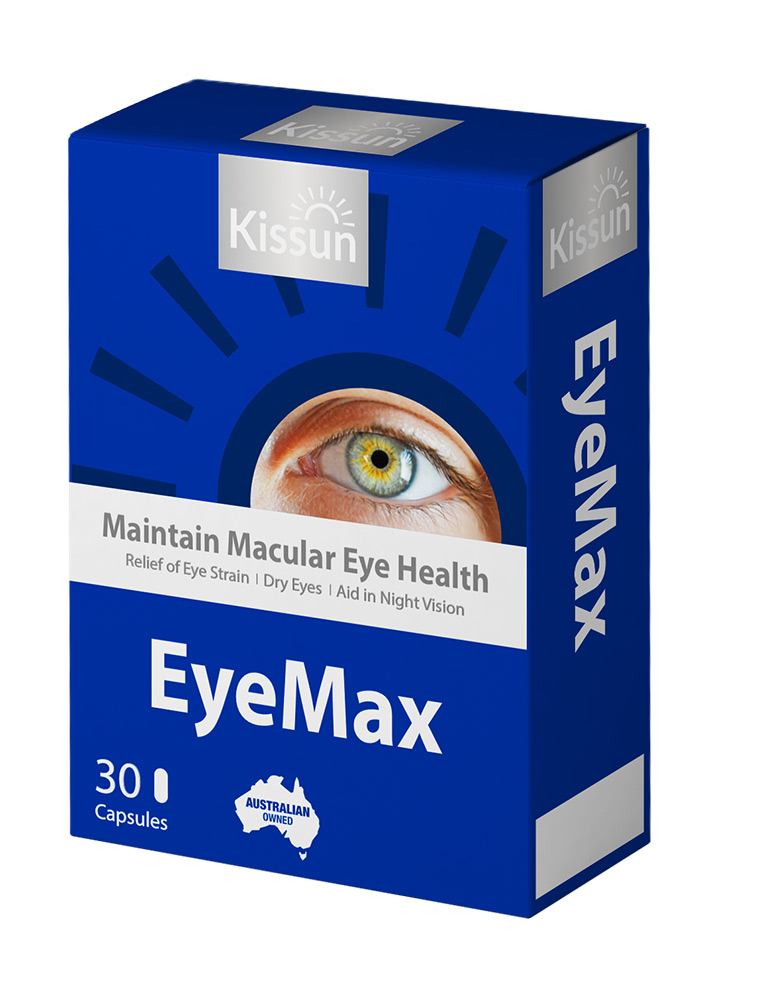 Eye Max$41.00
Eye Max$41.00
What Impacts Eye Health?
Obesity and Diabetes
These health issues can have a huge impact on our eye health. Diabetic retinopathy occurs when the tiny blood vessels behind the eye are damaged due to diabetes. Almost one-third of diabetics in Australia have diabetic retinopathy.
It is so important that those with diabetes have a regular eye exam.
It is also important that all of us maintain a healthy weight by consuming a diet high in whole fruits, vegetables and protein, and avoiding excess sugar and carbohydrates. Doing so significantly decreases the risk of developing diabetes.
The Sun
Wearing sunglasses when outside, especially when driving, is important for maintaining healthy eyes. Strong sunlight can damage the eyes and may increase the risk of developing cataracts. Speak to your optometrist about the best sunglasses to suit your situation.
Exercise
Increasing blood flow to the eyes is a great way of improving eye health. Exercise is by far the best way to do this.
Herbal medicines such as Gingko biloba and Rosemary can also do this but must be prescribed by a qualified natural health practitioner.
Age
Most of us expect our vision to get worse as we get older, but this does not need to be the case. Eating well, exercising and boosting your eye health using a good quality supplement can help slow down or halt age-related eye deterioration.
If you feel you might need more help with your eye health, visit your optometrist for a check up. Having a regular eye examination and check up every two years can act to avoid many serious issues in the future. Eye checks are covered under Medicare.
